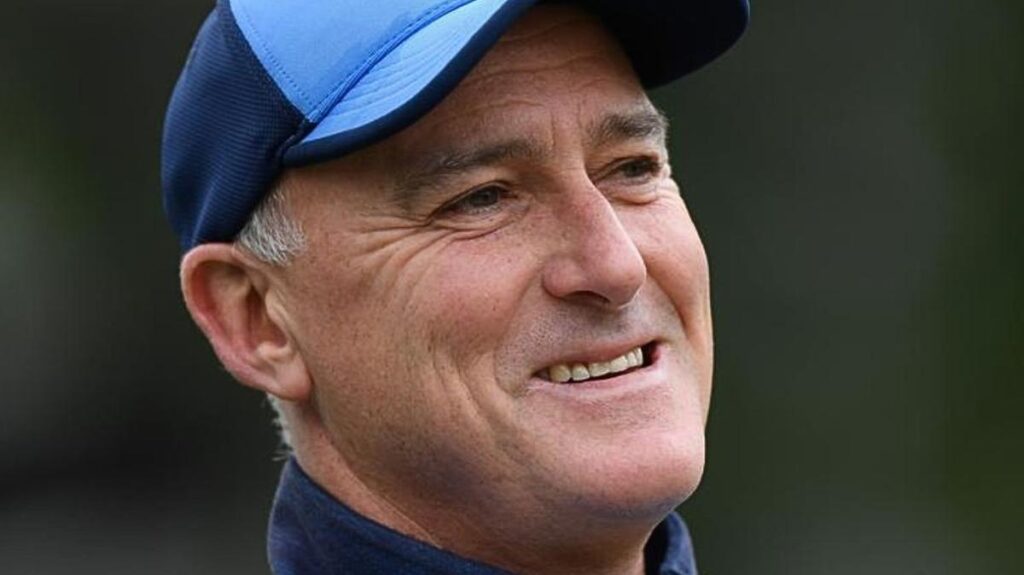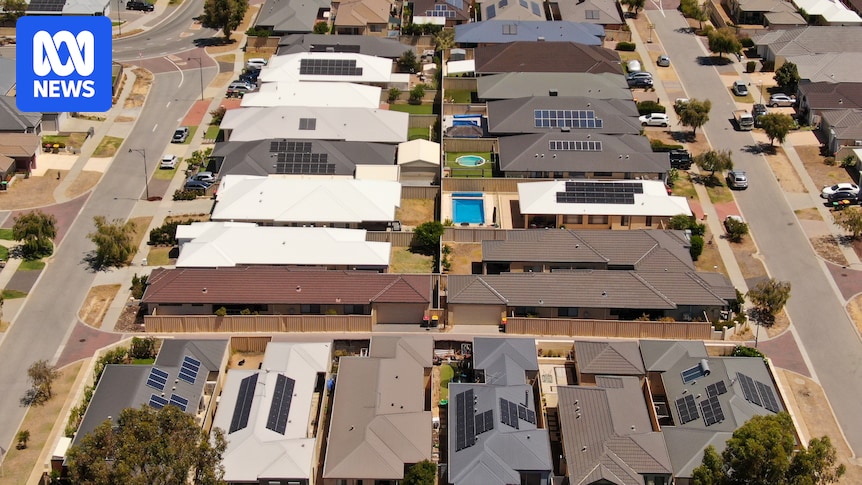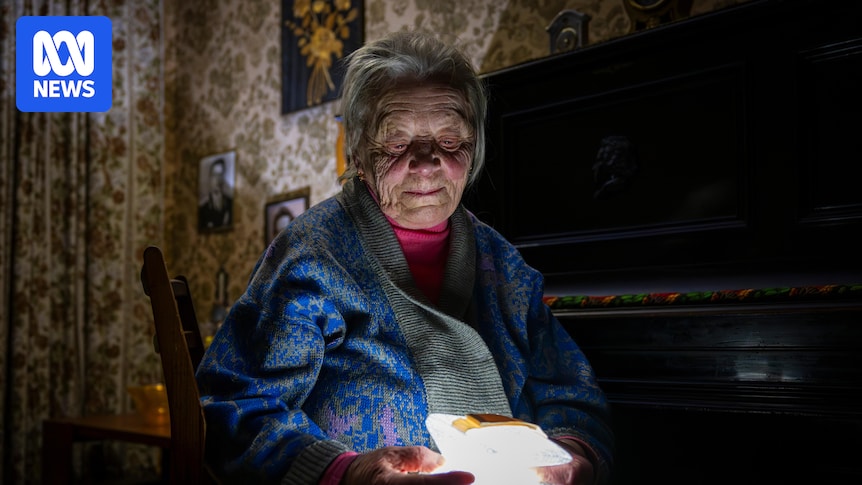
An inquest has revealed that the COVID-19 pandemic played a significant role in the tragic death of Graham Thorpe, the celebrated England cricketer. Thorpe passed away in 2024 after sustaining “traumatic injuries” during an incident at a railway station in southeast England. His wife, Amanda Thorpe, had previously stated that her husband, aged 55, had taken his own life. Now, she has provided further insight into the personal struggles he faced leading up to that devastating moment.
“In the weeks leading up to his death, he told me he doesn’t want to be here any more,” Amanda Thorpe shared during the inquest. “He asked me to help him end his life. He said he wants to go to Switzerland. I was in turmoil.”
The Impact of COVID-19 and Personal Struggles
Amanda Thorpe described how her husband struggled immensely during the COVID-19 lockdowns, finding them “very difficult” and “stressful.” Graham Thorpe’s father, Geoff Thorpe, also expressed his belief that the pandemic contributed to his son’s death. “Everything was fine until COVID,” Geoff Thorpe said. “He was not a fella who likes to be cooped up.”
“What you’ve got to realise is, sometimes us chaps are a little bit macho … we say we can cope but in fact, we can’t.”
The inquest also heard that Thorpe’s life took a significant downturn after he was dismissed by the English Cricket Board in 2022. The dismissal followed an incident where England players were filmed having a drinking session after the fifth Test in Tasmania, which was interrupted by police. The session came after England’s disappointing Ashes series loss in 2021-22.
Professional Setbacks and Mental Health Struggles
After being sacked, Thorpe attempted to take his own life, resulting in an eight-week hospital stay. Amanda Thorpe noted, “He never really recovered from his first suicide attempt. He came back from the tour of Australia in a terrible state – lots of things, the video, the environment, the set-up. To be sacked after that, I think it was foreseeable that it would be really hard on him.”
On the day of his death, Amanda initially believed her husband had gone out to walk the dog but soon realized the dog was at home. Geoff Thorpe later called her with the chilling words, “He’s gone.”
Family Speaks Out to Raise Awareness
In an interview with The Times in 2024, Amanda Thorpe spoke candidly about her husband’s suicide. “Despite having a wife and two daughters whom he loved and who loved him, he did not get better. He was so unwell in recent times and he really did believe that we would be better off without him,” she said.
“For the past couple of years, Graham had been suffering from major depression and anxiety. This led him to make a serious attempt on his life in May 2022, which resulted in a prolonged stay in an intensive care unit.”
Thorpe’s eldest daughter, Kitty, emphasized the importance of discussing mental health openly. “There is nothing to hide and it is not a stigma. We were trying to help him get better before and trying to protect him, which is why we said nothing. This is the time now to share the news, however horrible it is,” she stated.
A Legacy Remembered
Graham Thorpe made his international debut in 1993, scoring a century on his first Ashes appearance, a feat not accomplished by an England player in 20 years. He was a regular in the England team, scoring 16 Test centuries and playing 82 times for the ODI side. His final Test appearance was in June 2005, after which he retired from international cricket.
After his playing career, Thorpe remained involved in cricket, working with young talents like Steve Smith and David Warner in New South Wales, and later returning to England as a coach. He took charge of the England team during the 2021-22 Ashes series in Sydney, securing a draw to avoid a whitewash.
The inquest into Thorpe’s death is ongoing, highlighting the complex interplay of personal, professional, and health challenges he faced. His family hopes that by sharing their story, they can raise awareness about mental health issues and the impact of the pandemic.
If you need help in a crisis, call Lifeline on 13 11 14. For further information about depression, contact beyondblue on 1300224636 or talk to your GP, local health professional, or someone you trust.






